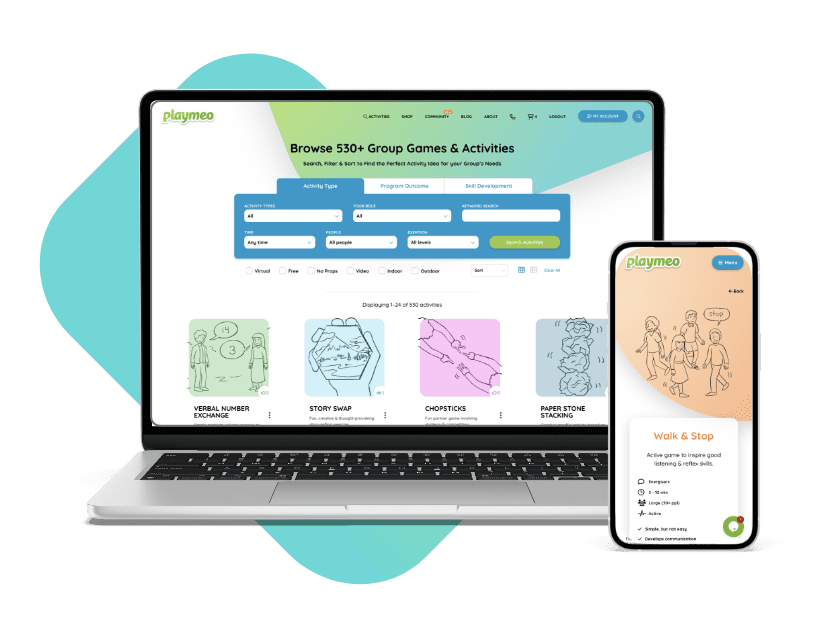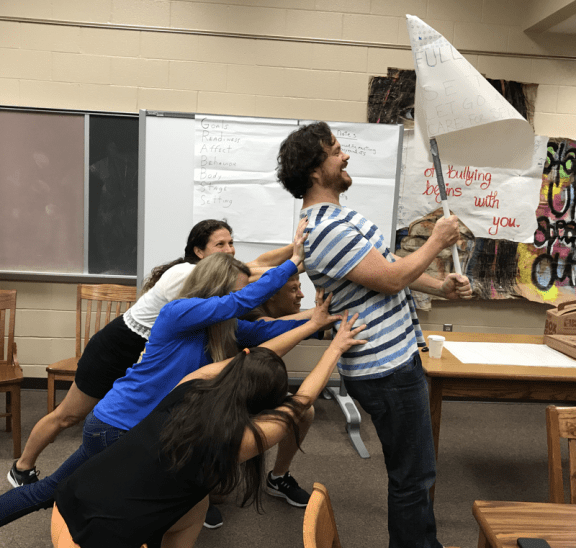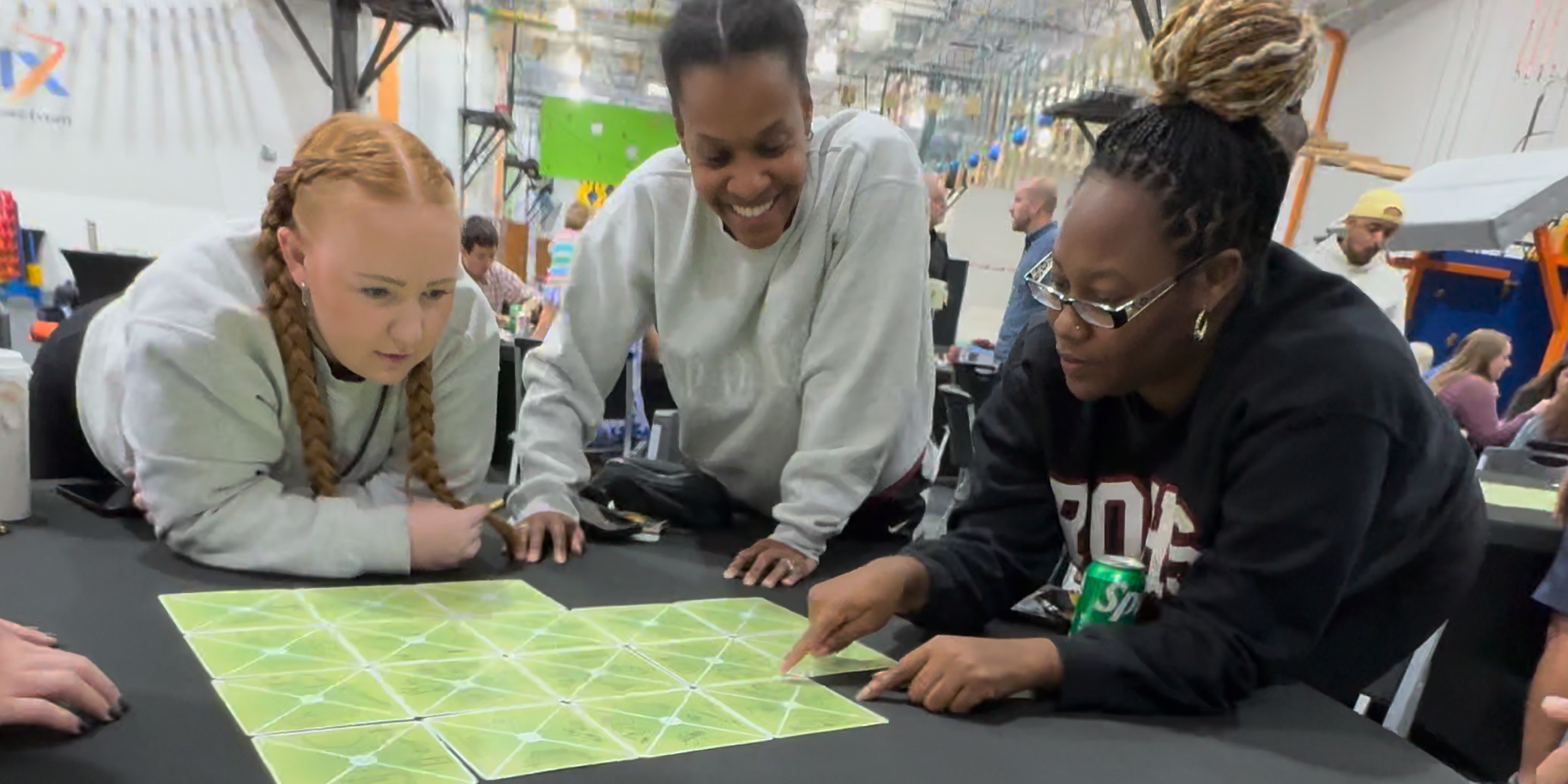There is an activity called ‘Crossing the Mall’ which is based on the group exercise Elevator Air. It’s pretty simple, really, but the outcomes can be revealing.
Get your group in a large circle and explain they are to imagine being in a large shopping mall. Ask them to cross the circle and find a spot on the other side. The first time they cross, participants should go out of their way to ignore each other.
On the second trip they would show some sign of connection; make eye contact, nod, but nothing too demonstrative. During the third trip, they greet each other as friends would; handshakes, stopping to chat, etc.
Finally, on the fourth pass, they greet each other as dear friends and family, perhaps who have not seen each other for a while. During reflection, students are asked to talk about how each experience felt and how they differed.
This very simple yet powerful activity brings into focus the difference between interacting (or not) with strangers versus the emotions and commitments associated with ongoing relationships. In our schools, we are not crossing the mall with strangers. Students are interacting with peers and adults in often highly emotional and interdependent ways. However, without a process for making and maintaining authentic connections, the relationships are disconnected, which can lead to all sorts of trouble.
Set Behavioural Norms
Full Value provides behavioural norms and a process for setting them into motion that is created and maintained by students. The norms are:
- Be Here
- Be Safe
- Be Honest
- Set Goals
- Let Go & Move On
- Care For Self & Others
If you reflect on these norms, you will find a universality to them.
A Full Value Community lives by these norms. Students create a Commitment to them, learn how each norm works by using highly engaging activities for practice, and circle up when needed to talk about their lives together in their classroom community.
These norms, and the defined commitment that students make to each one, become the threads that knit all classroom activities together. The norms play out in small and large group work and can be tied directly into academic and non-academic content areas.
What does a Full Value Community look like?
Let’s apply it to small group work, a common classroom practice. It can often be the case that when students are completing assignments in small groups, one person, either by choice or by default, takes on most of the work. There may be many reasons for this but what is always missing is a process for students to work through their feeling, resolve their differences, and set goals for their future work together. Full Value provides the foundational structure and tools for this to happen, initiated by students. They self-regulate as does the entire classroom.
We have recently published a book that fully describes this program titled The Full Value School: A Social-Emotional Learning Community (available via playmeo’s online store.)
We will also start posting activities on playmeo for you to use with students. Activities will be identified for their application in teaching and reinforcing a specific Full Value Behavioural Norm and how they can easily be woven into academic content areas.
So, more to come concerning our methods for implementation, how Full Value can enhance existing programs, why it works, and how it is connected to the CASEL standards. I hope we have piqued your interest.
With thanks to Richard Maizell, author of The Full Value School.

No Props? No Problem!
Get 150+ no-prop games & activities + exclusive 30-day free trial of playmeo. Scan QR codes to view activity videos, leadership tips, etc.

EMOJI Feeling Cards
50+ cards that portray a range of emotions from happy, sad, angry & confused. Ideal for building emotional literacy skills.

Wow, you’ve been busy!
You can open 1 more
activity for free.
Limit resets every 24 hours
or click below to get unlimited access.











Original post April 2020, last updated September 2020.